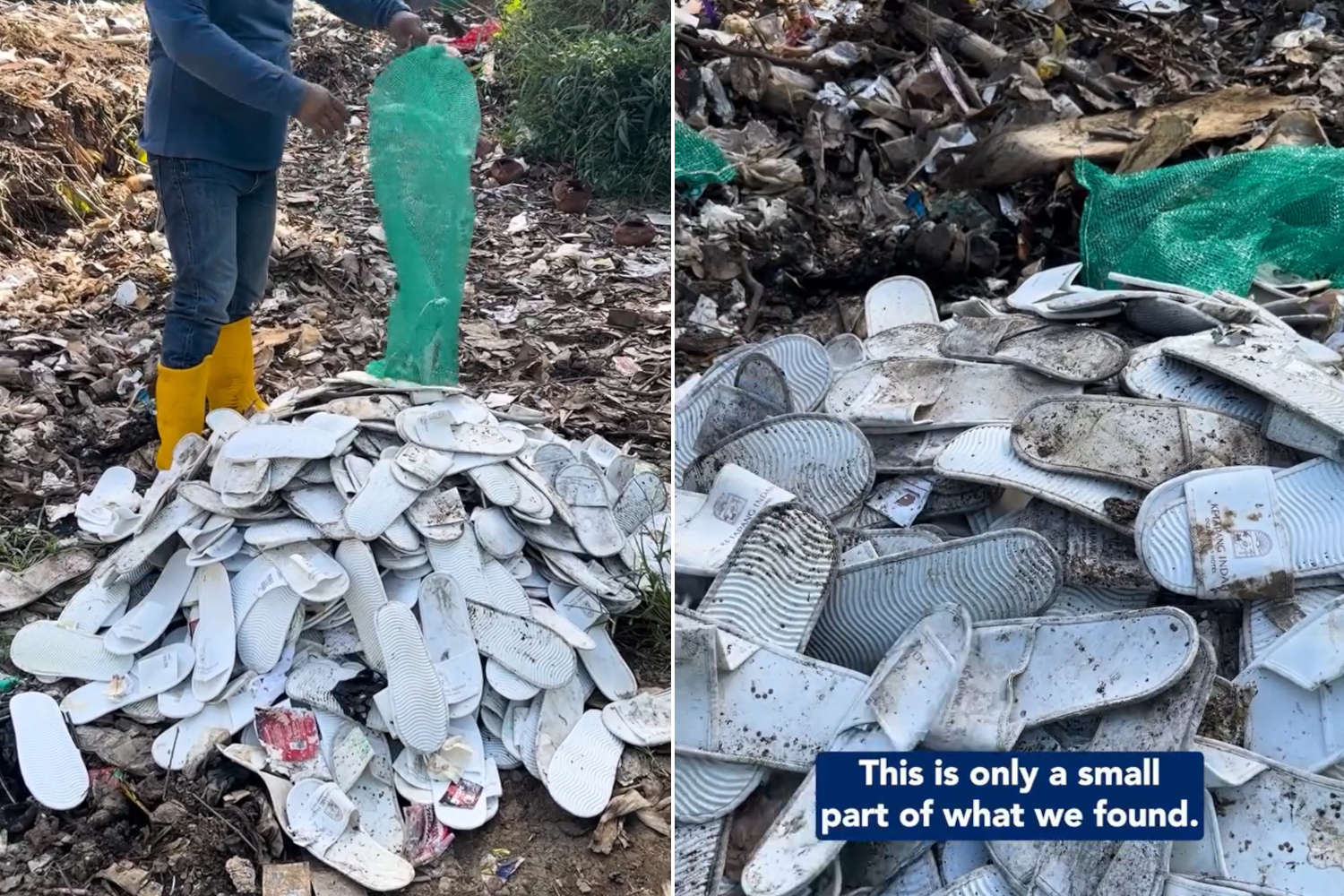It wasn't enough to have huge quantities of plastic, now there are also disposable hotel slippers that are being abandoned in illegal landfills by accommodation facilities.

@sungaiwatch/Instagram
During a recent Banyuwangi environmental clean-up activity in the eastern part of Java, the community group Sungai Watch found something remarkable: hundreds of throwaway hotel slippers tossed in a black-listed dumpsite. This is just the tip of a much larger and more systemic problem.
These slippers, often donated for free to hotel guests, are to be worn once and quickly wasted. Their concentration in such enormous quantities in one location proves strongly improper dumping on the part of hotels which, instead of practicing good waste disposal principles, adopt the route of less expensive but highly injurious environmental convenience.
An issue that cuts across local boundaries
What is happening in Indonesia is a physical manifestation of how poor corporate waste management is directly impacting the environment. When companies—especially those engaged in tourism and hotel activities—lack sustainable policies, the result is heightened pollution on rivers, lands, and oceans. In this case, the accumulation of single-use slippers shows how convenience in single-use items is turning into a lasting environmental issue.
Sungai Watch, long campaigning to save Indonesia’s rivers, emphasizes dealing with the problem at its source by preventing waste from entering rivers through floating barriers and ad-hoc cleanups. Their efforts demonstrate that collaboration with the authorities and public engagement are essential to achieving sustainable results.
A call to action for the hospitality industry
This episode also has a pointed message to hoteliers and lodging facilities: it’s time to rethink waste management. Transitioning towards reusable materials, tracking supply chains, and making waste more transparent are some of the important steps towards reducing the industry’s carbon footprint.
Convenience should never be at the cost of pollution. Concrete actions and collective responsibility are necessary so that apparently harmless things—like plain slippers given out as amenities to hotel patrons—never become representatives of global environmental depredation.
